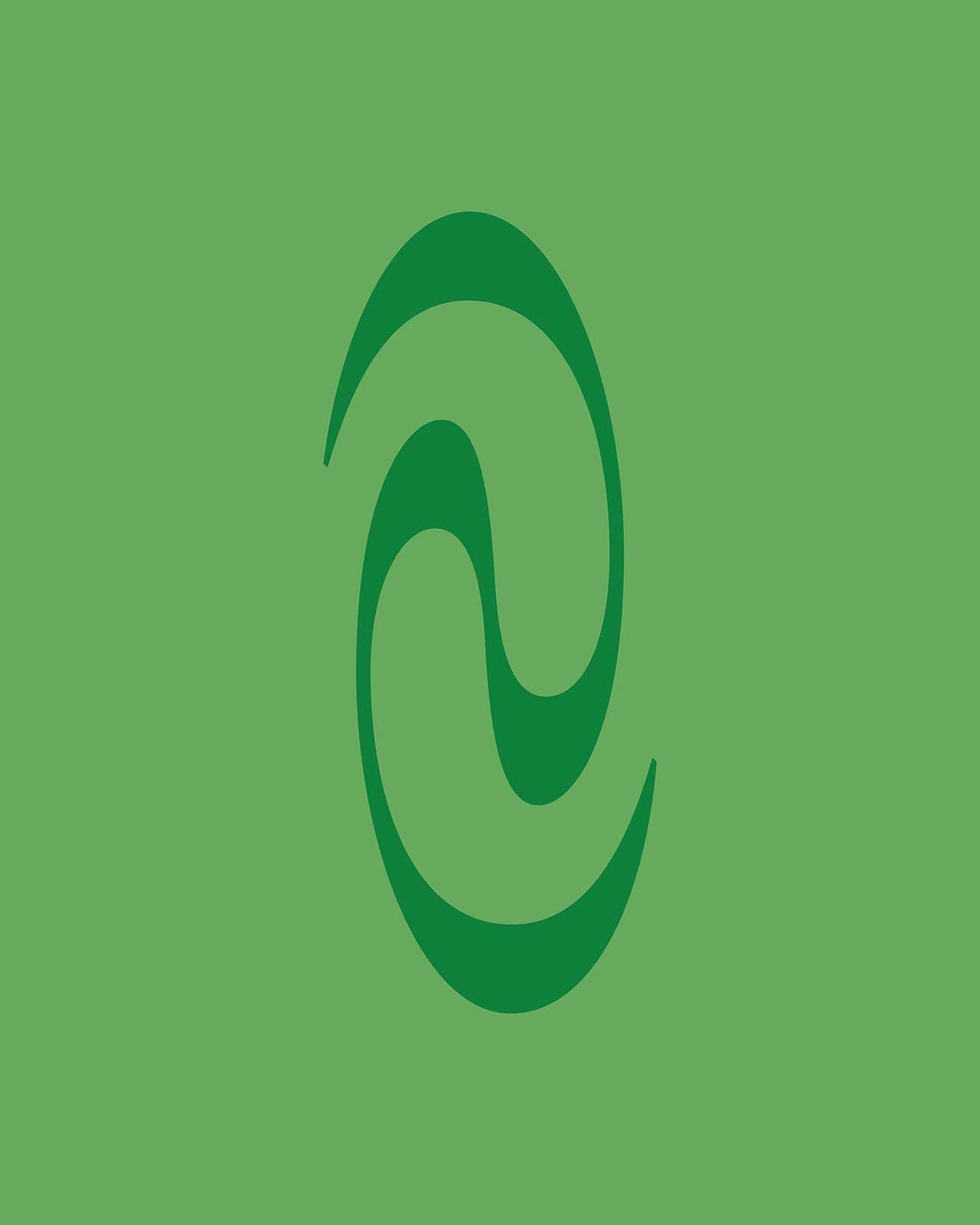INTRODUCTION
-
At Résumé we continuously work on sustainability within a wide range of areas. We strive to become better each day in our design, production and small everyday changes at the office. For us, it is important that all our employees take responsibility regarding sustainability and therefore we promote an ethical business model.
In 2019 we decided, as a part of our business strategy, to make a greater effort on sustainability when it comes to our collections. Résumé has developed in a positive way with sustainability, but also with other initiatives.
2020 has been a challenging year for everyone due to the COVID-19 pandemic. In many ways it has put things into perspective and it has given us time to stop and rethink our business model. We, as a fashion brand have been forced to work on and show a greater responsibility towards all elements in our supply chain. Our suppliers, especially, have been facing big challenges, but as a partner we have shown them solidarity even though we have been facing cancellations and other similar challenges. -
The pandemic also has forced us to become more digital which has had an impact on our environment. In the beginning of 2020 we developed a virtual showroom where our partner and customers could visualize the collection without being there physically. This has made it possible for us to sell worldwide and it is now a part of our digital strategy. Furthermore, this has given us new possibilities as we are also able to impact the environment positively through a reduction in travel. The pandemic has definitely been an education for us.
We feel that it is our responsibility as a fashion brand to continuously develop and make progress. Today we don’t make any choices without a sustainable mindset. To pursue the goal of incorporating a sustainable mindset into all choices we make it re- quires a willingness to search after new knowledge. We need to educate Résumé employees and ourselves on this journey.
DESIGN & SMART MATERIALS
-
At Résumé we continue to expand our archive of materials that have the least environmental impact as possible. We always choose the sustainable option, if it makes sense according to minimum quantities and order size. The average amount of sustainable fabrics used in our collections is approximately 40% and our goal is that this number should be 50% or more by 2023. When working with different fabrics we have a list of preferred materials including:
/ Oeko-Tex Standard 100
/ GOTS Organic Cotton
/ BCI Cotton
/ GRS certified Recycled polyester
To us, sustainability is many things and in the talk about materials and fabrics waste is a crucial factor for us. E.g. we will always choose organic cotton instead of non-organic if the minimum amount of fabric is aligned with order quantities. This means no waste of fabric.
We believe in small collections and less sales samples. The hit rate from sales samples to production is 95% which means a mini- mum waste of sales samples. The 5% of samples that will not be produced we use in other matters. None of these will be thrown out or destroyed. All leftover samples are donated to non-profit organizations two times pr. year. In 2020 we donated samples to families in the Philippines as well as the NGO Pink Power in Sierra Leone. ‘
All leftover fabric will be used for prototypes the following season which again ensures that a possible overproduction of fabric will be eliminated.
Below you will find section 7.0 from our Supplier Manual which assures that the materials our suppliers use have a certain standard. -
7.0 Product material assurance
7.1 Nickel, Lead, Cadmium, Phthalates and ASO testing
Résumé will not accept any use of these chemicals in any of our products. Please respect this since it is highly important. Any illegal chemicals will cause cancellations or payment tickets from key account costumers.
7.2 Résumé’s guideline for managing REACH regulation
Résumé want to ensure that all Résumé products are in compliance with the REACH legislation when they are launched in the marked. The purpose is to avoid that any harmful substances are exposed to the end users and/or the workers handling the products throughout the supply chain.
Therefore, we demand our suppliers and sub-suppliers to assist Résumé and employees working within the supply chain, by i nvestigating which substances are under restrictions and avoid/and or limit (according to legislative description) the usage of these substances.
More information about the regulation and an overview of restricted substances can be found on this link:https://echa.europa.eu/substances-restricted-under-reach
WORK ENVIRONMENT
-
We are aware of the social responsibility according to workers and employees working with Résumé in every aspects. All suppliers sign our Code of Conduct where minimum requirements within human rights, labor right, health, safety, anti-corruption and animal welfare among others are listed. Furthermore we visit our suppliers regularly to ensure that the Code of Conduct is complied with.
We are still a small company but from the beginning we have been aware of diversity and we have always used models, influencers etc. with different ethnic backgrounds, sexuality, religion etc.
Work environment within our office and employees in Denmark is another aspect we keep in mind. The team in Copenhagen is small but our goal is to be more diverse here. We run a women’s wear and atm. the majority of the team are women but we wish to expand and have a more diverse team.
Below you will find section 2.0 from our Supplier Manual which is our Code of Conduct. This assures us certain standards regarding human rights.
2.1 Introduction to CoC at RésuméGeneral Principles:
/ This Code of Conduct is based on the Universal Declaration of Human Rights and key UN and ILO conventions.
/ When signing this Code of Conduct we wish for our suppliers to commit to the same principles.
/ Working to implement these principles is a long and challenging process.
/ However, those suppliers who continuously pursue to implement these principles within their business, are those with
whom we wish to build a business partnership. - It is essential for Résumé that suppliers show transparency and declare all production units upon request. In addition, this information should be updated on a regular basis. Transparency is essential for Résumé in order to work towards a more sustainable supply chain.
/ The requirements of this Code extend to all factories, used by Résumé and all of their workers working within those factories, regardless of their status or relationship with suppliers. This Code therefore also applies to workers who are engaged informally, on short-term contracts or on a part-time basis.
/ Where there are differences between the terms if this Code of Conduct and national laws or other applicable standards, suppliers shall adhere to the higher requirements. If conflicts between national law and this Code of Conduct are detected, suppliers must inform Résumé immediately.
Managing your supply chain:
/ Suppliers should have proper management system to ensure that the principles of this Code of Conduct are not violated and that continuous improvements are implemented. Part of this, includes performing your own risk assessments and selfassessments
of all production units.
2.2 The minimum requirements Human Rights and labor RightsForced labor:
/ Suppliers must not use forced, prisoned or illegal labor in any of our supplier’s production units.
/ Workers shall not have to leave any sort of deposit and/or ID/passport when hired by the factory.
/ The worker shall always sign a contract upon beginning work at the factory. The contract shall be written in a language that the worker understands.
/ The worker has the right to terminate the employment according to national law.
/ Overtime should be voluntary at all times.
/ Workers should have free access to toilets, water and praying rooms at all times if/when necessary.
/ Suppliers must ensure that all feasible measures are taken to prevent workers from falling into debt bondage through company loans.Working hours and compensation:
/ Working hours should always be kept within the limits of national law but no higher than 60 hours per week, including overtime hours.
/ Workers should receive at least one rest day in a 7-days period.
/ Workers should be free to refuse overtime without fearing contract termination or punishments.
/ All national laws regarding compensation of workers, should be kept.
/ Withholding of wages for any reason is not allowed.
/ Workers should be given at least the national minimum wage, and this should be enough to meet the basic needs of the workers. / Pay slips must always be signed and handed over to the respective worker. - National law on social insurances must be
kept at all times.Discrimination and harassment:
/ Workers shall never be discriminated against in relation to race, color, caste, nationality, religion, gender, age, sexual orientation or marital status
/ The supplier must ensure that policies are in place to prevent any form of harassment and discrimination in the factory.
Child labor and young workers:
/ The supplier should have sufficient management systems in place to ensure that no children under 15 years of age are working in production units producing for Résumé. If the law states a higher age, then this must be followed.
/ Young workers under the age of 18 may only perform light work and only within normal working hours. Suppliers must comply with all local laws concerning young workers.
/Young workers must not to be exposed to work that is harmful to their morals or health, dangerous to life, or likely to hamper their normal development. -
2.0 Code of conduct
2.3 Health and safety
Management system:
/ The supplier should have sufficient management systems in place to ensure that health and safety of the workers are never c ompromised in any decisions taken.
/ The supplier should conduct periodic risk assessments to ensure that all risk is managed and that there is no risk to human life or risks that can cause serious accidents.Safety:
/ The working environment should be safe, healthy and clean at all times and all working stations shall be provided with sufficient lighting.
/ Relevant first aid equipment must be available and where legally required a doctor or nurse should be available during working hours.First safety:
/ All local laws regarding fire must be kept, and all facilities producing for Résumé must as a minimum install adequate warning systems, fire safety equipment and well-marked exits and escape routes.
/ Fire escapes should be clear for passage and must not to be locked or blocked at any time.
/ Fire drills must be conducted on an annual basis.
/ Suppliers shall ensure that safety precautions in regard to the use, storage and handling of chemicals are taken.
/ Suppliers shall ensure, that electrical installations are according to law and does not pose a risk to fire safety in the production facility.Chemical handling:
/ All chemicals and hazardous materials must be safely handled, transported and disposed of according to law./ Workers should be trained in handling chemicals and should always be provided sufficient protective equipment when handling these.
/ MSDS (Material Safety Data Sheet) should be provided for all chemicals on site.Dormitories, kitchens and dining rooms:
/ Dormitories must be placed in buildings separate to the production building.
/ Dormitories must have sufficient living and storage space for workers.
/ Workers must have easy access to food or sanitary food storage, clean water and toilet/bathing facilities.
/ Dormitories, kitchens and dining areas must take all required health and safety as well as fire safety precautions.Environmental protection:
/ National environmental laws and regulations must be complied with at all times.
/ Water should be used responsibly, and disposal of wastewater should be according to law.
/ Suppliers should monitor all emissions that are produced during production and treated according to law. / Solid waste should always be handled and disposed of in accordance to local law.Chemicals:
/ Suppliers must comply with the latest version of Résumé chemical restrictions.
/ Suppliers must follow the requirements on documentation concerning Substances of Very High Concern (SCHC-list) in articles imported to the EU.Anti-corruption:
/ Suppliers shall work against corruption in all forms.
/ Suppliers should establish adequate processes to avoid corrupt practices. Such processes should support and be in line with the United Nations Convention against Corruption.Animal Welfare:
/ Résumé products derived from animals, should be produced with the highest regard to the welfare of the animals. Supplier should ensure that animals are treated according to animal welfare laws and international recommendations.2.4. Monitoring and evaluation
Suppliers must assign responsibility to one or more management representatives with the responsibility and authority to ensure compliance with this Code of Conduct.
All production units shall be open to audits at any time if requested by Résumé. In the case where we require an audit of the facility, we may be represented by an independent third-party auditing company of our choice.
Suppliers shall maintain appropriate records to demonstrate compliance with the requirements of this Code of Conduct. Records shall be available to Résumé upon request.
Where instances of non-compliance are detected during supplier visits, suppliers will be given a fixed period to remediate the findings. In the event of failure to remediate, Résumé is willing to engage in a constructive dialogue with suppliers to develop and implement action plans with appropriate time scales for implementation and improvements to be achieved.
Résumé does not operate with a passed/failed policy and terminating a business relationship will only be the last instance. How- ever, Résumé will not conduct business with a supplier if compliance with the terms of this Code of Conduct is deemed impossible and the supplier shows no willingness or ability to improve. If the supplier is willing to work with us on continuous improvements, Résumé is also willing to work with the supplier
CONSUMER ENGAGEMENT
-
All Résumé styles are labeled with tags that inform the customers about sustainable fabrics. It is important to us that no matter where people meet Résumé, whether it is at our own webshop or in an independent store, they will be informed about our choices on sustainable fabrics. Furthermore the customer is informed about fragile elements of a product which ensure the right care of the product and prolong its lifetime.
If a product from Résumé breaks we will always try to repair the style to prolong the lifetime of the product. If it’s not possible to re- pair the product the customers will be offered to get a refund and all broken items from both B2B and B2C customers are returned to Résumé so these can be used for another purpose.
When it comes to packaging we have a long way but it is our goal to use sustainable packaging in all aspects internally as well as externally for both B2B and B2C customers, suppliers etc.
First of all we have been focusing on switching all our polybags to a sustainable solution. From June 2020 80% of all polybags will be switched to compostable bags made from corn and from August we will reach 100%. Customers at Résumé’s webshop as well as B2B customers will receive all styles in these bags and information printed on them will inform the receiver about the sustainable material. -
SUPPORTING GOOD CAUSES
-
Whenever we can and whenever it makes sense we strive to support good causes around the world and since we are a production company we also have styles, fabric and samples which after use will be left over.
Therefore we work with multiple NGO organizations and donate our styles or fabric for them to use for a better cause.
-

PINK POWER
A grassroot movement fighting for fundamental girls- and womens rights in Sierra Leone. -

SEWING TOGETHER
Fighting menstrual poverty in Kenya.Menstrual poverty is a global problem that affects women around the world. In Kenya, it has two dimensions. First - many women cannot afford to buy sanitary pads. Second - the sanitary pads are simply not there.



